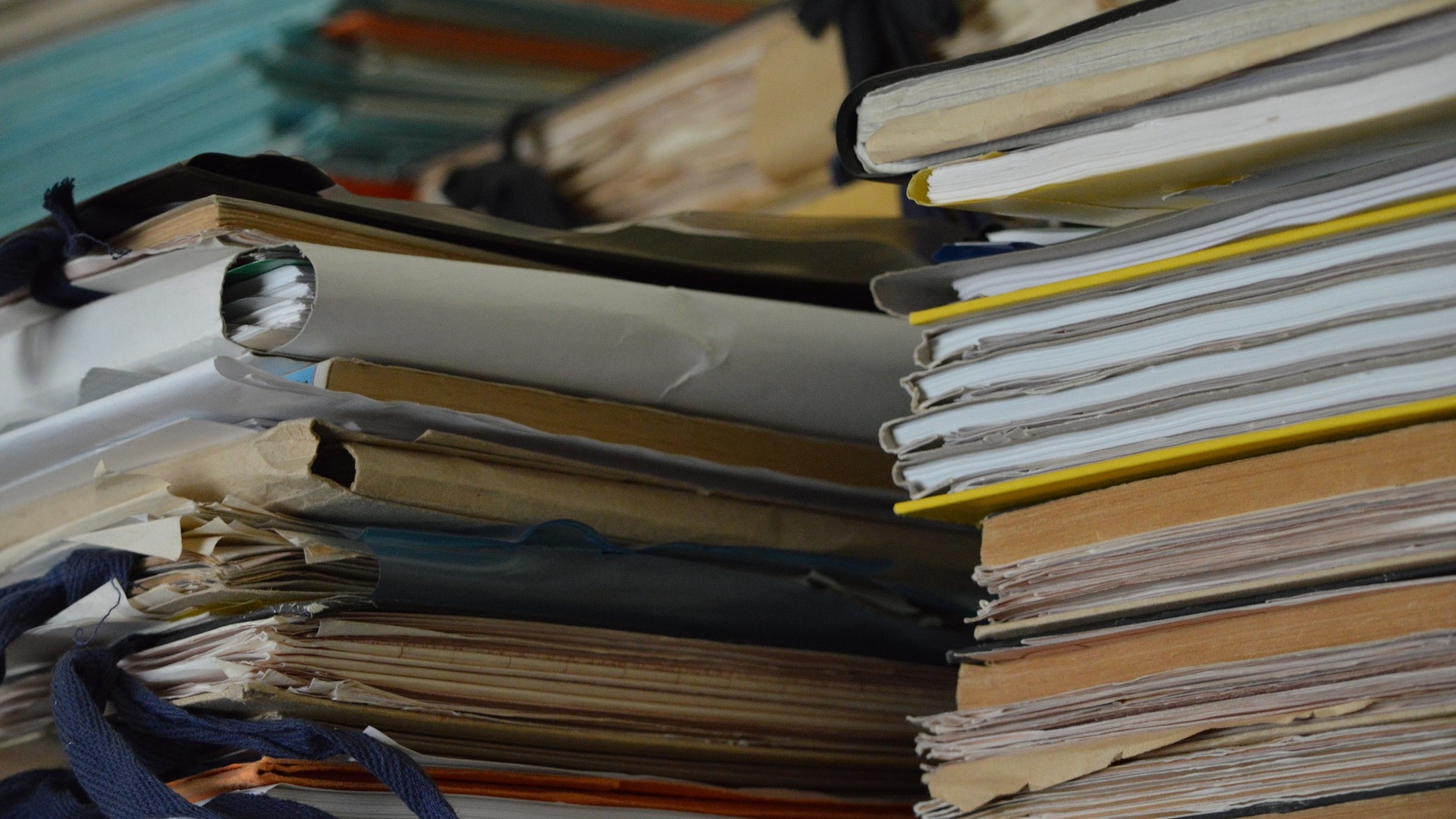Back in 2019 before a pandemic threw the best laid plans of mice and men into an active volcano, President Cyril Ramaphosa announced that Eskom would undertake an unbundling process as part of a nine-point turnaround strategy.
This would see Eskom seperated into three entities that would still be overseen by Eskom.
“To bring credibility to the turnaround and to position South Africa’s power sector for the future, we shall immediately embark on a process of establishing three separate entities – Generation, Transmission and Distribution – under Eskom Holdings,” Ramaphosa said in 2019.
Then, the pandemic hit and threw everything for a loop.
Unfortunately, the idea of divvying up Eskom sounds great ,but it’s fraught with red tape.
As ESI-Africa reported late last year, Eskom said it was on target to complete the unbundling by the end of 2021. However, Eskom Group chief executive officer Andre de Ruyter also said that its transmission entity required a license from the National Energy Regulator of South Africa (NERSA).
“The outstanding issues related to the granting of the transmission licence to the new entity. The licencing has to be granted by NERSA. It is currently allocated to Eskom Holdings SOC. So, there is a regulatory process for awarding the licence,” the CEO said.
In addition, the Electricity Regulation Act needs to be amended.
On Thursday evening, however, Ramaphosa stated in the State of the Nation Address for 2022, that Eskom would complete the unbundling process by December 2022.
This means that this process has taken Eskom almost three years to create an entity for one aspect of its business. As such, our confidence that the unbundling will indeed be complete this year is low to non-existent.
While Eskom has a role to play in these delays, we suspect that bureaucracy and red tape have played a significant role as well. While Ramaphosa says that the Presidency will establish a team lead by Sipho Nkosi to “cut red tape across government”, one has to wonder how long this process will take and how much damage will be done to the economy during that process.
During his address, Ramaphosa recounted something he had seen which stuck with us.
“I will forever remember the imagery of a woman who was selling these dog beds which she had sewn up herself. She was on the side of the road selling and the Metro Police accosted her and went on to try and arrest her and in fact arrested her and put her in the back of a police van. And her crime was they said, she did not have a permit to sell a product which was going to put food on the table for her children,” said Ramaphosa.
“Now that for me is the regulatory strictures that we have introduced in our economy that have gone completely wild because what we need to be doing is to support that lady to sell products and support a family,” the president added.
The reason this story stuck with us is because these regulatory strictures exist in every facet of government. Mind you, many regulations exist to insure that the voice of South Africans are heard and that government can’t simply make new laws without exhaustive consultation processes but perhaps it’s time to modernise the system.
Of course modernisation requires broadband and digitalisation both of which only get passing mentions in each SONA. This year we have three mentions of broadband, none of which include hard deadlines or further elaboration on “rapid deployment of broadband infrastructure”.
While it’s great that Ramaphosa recognises that there is red tape, simply promising to address it isn’t enough. These changes need to happen faster.
The woman in his example will likely have to suffer as she tries to find a new place to sell her wares away from the threat of Metro Police not to mention the fallout from the incident Ramaphosa witnessed. Eskom still has to jump through hurdles to unbundle itself and even then, whether its issues will become more manageable is an unknown quantity.
In closing Ramaphosa said, “Let us forge a new consensus to confront a new reality, a consensus that unites us behind our shared determination to reform our economy and rebuild our institutions.”
Those words are arranged really well and kudos to the speech writer, but without action, those words just sound good together.
You can watch the State of the Nation Address 2022 in full below.

